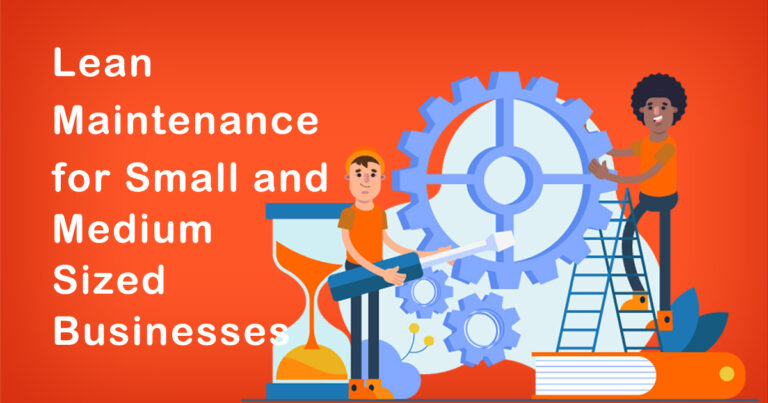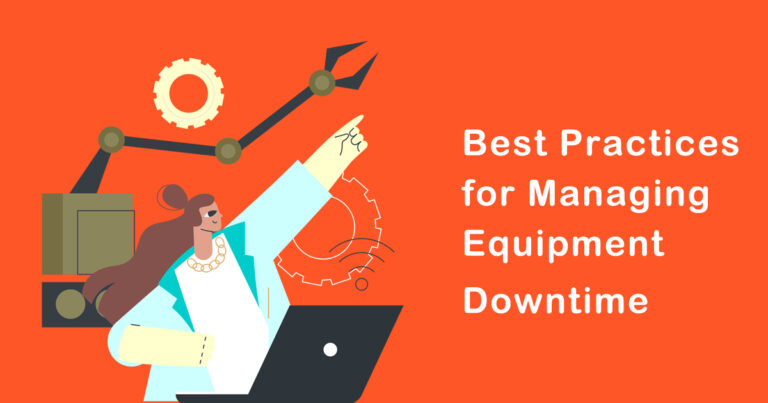Introduction:
Total Productive Maintenance (TPM) is a lean manufacturing methodology that focuses on maintaining and improving the reliability and availability of equipment. TPM emphasizes the involvement of all employees in equipment maintenance and improvement activities. In India, the concept of TPM is gaining popularity as companies strive to improve their competitiveness by reducing downtime, increasing productivity, and improving product quality.
In this blog, we will discuss the best practices for Total Productive Maintenance in India. We will examine the current state of TPM in India, identify the challenges faced by companies implementing TPM, and provide recommendations on how to overcome these challenges.
Current State of TPM in India:
According to a survey conducted by the Confederation of Indian Industry (CII), 60% of Indian manufacturing companies have adopted TPM in some form. The survey also revealed that companies that have implemented TPM have experienced significant improvements in equipment reliability, availability, and productivity.
However, the adoption of TPM in India is not uniform across all industries. The automotive, pharmaceutical, and FMCG industries are the frontrunners in TPM adoption, while the textile, chemical, and steel industries lag behind.
Challenges Faced by Companies Implementing TPM:
The implementation of TPM in India faces several challenges. These challenges include:
1. Lack of Skilled Workforce:
A significant challenge faced by companies implementing TPM is the lack of skilled personnel to carry out maintenance activities. Many companies in India still rely on contract labor, which may not be adequately trained to perform TPM activities.
2. Resistance to Change:
Many companies in India have a traditional approach to maintenance and are resistant to change. The implementation of TPM requires a cultural shift, where all employees are involved in equipment maintenance activities, which can be a difficult concept for some companies to adopt.
3. Limited Resources:
Many companies in India face resource constraints, which can hinder the implementation of TPM. The costs associated with implementing TPM, such as training and equipment upgrades, can be a significant barrier for some companies.
Best Practices for Total Productive Maintenance in India:
1. Leadership Commitment:
TPM implementation requires strong leadership commitment. The top management must be committed to the concept of TPM and provide the necessary resources to ensure its successful implementation.
2. Employee Involvement:
TPM emphasizes the involvement of all employees in equipment maintenance activities. Companies must provide training to employees to enable them to perform TPM activities effectively.
3. Skilled Workforce:
To implement TPM successfully, companies must invest in developing a skilled workforce. Training programs should be designed to equip employees with the necessary skills and knowledge to perform TPM activities.
4. Cultural Change:
The implementation of TPM requires a cultural shift, where all employees are involved in equipment maintenance activities. Companies must create a culture of continuous improvement and encourage employees to participate in TPM activities.
5. Metrics:
Companies must establish metrics to measure the effectiveness of TPM implementation. Metrics should be established to measure equipment reliability, availability, and productivity.
6. Continuous Improvement:
TPM is a continuous improvement process. Companies must continuously review their TPM processes to identify areas for improvement and implement changes to ensure continued success.
Conclusion:
In conclusion, the implementation of TPM in India has gained popularity, but there are still challenges faced by companies in adopting TPM. The key to successful TPM implementation lies in leadership commitment, employee involvement, a skilled workforce, cultural change, metrics, and continuous improvement. TPM is not a one-time activity but a continuous improvement process that requires commitment and dedication from all employees. Companies that successfully implement TPM will experience significant improvements in equipment reliability, availability, and productivity, ultimately leading to improved competitiveness in the Indian market.








